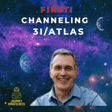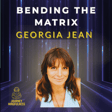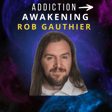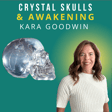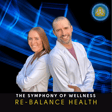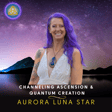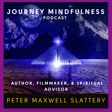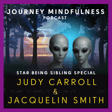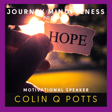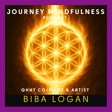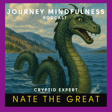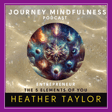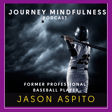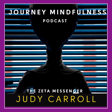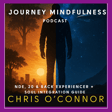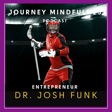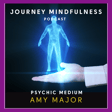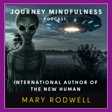
Paul Sugar: NDE, Out-of-Body Travel & Mindfulness Healing
To book a session with James contact Journey Mindfulness.
Get ready for one of the most exciting episodes in which we explore my guest, MBSR Teacher Paul Sugar's near death experience (NDE) where he went through a Life Review, 25 years of out of body experiences (OBE/Astral Projection)- in which he went to school to learn about the universe, spent a little time remote viewing with the CIA's Project Stargate and ultimately learning to become a Mindfulness Based Stress Reduction Teacher helping people reconnect with their bodies and the present moment to heal, come into balance, and find flow in their lives.
From going out of the body and learning to reconnect back into the body this was a really fun episode to explore life, death, and conquering the terror that is dying. Paul shares his wisdom and experiences that allowed him to get to the point where he no longer fears death, and one that is of great value if you do.
Please like, share, subscribe, comment, and ask any questions that you may have, I look forward to engaging with you.
To learn more about Paul Sugar and The Scottsdale Institute for Health & Medicine.
Paul Sugar YouTube.
***
To learn more about James, Journey Mindfulness Resources
https://journeymindfulness.com/
***
Free Warrior Spirit Guided Meditation:
https://www.journeymindfulness.com/warrior_spirit_meditation
***
Mindfulness Based Stress Reduction 8 Week Online Course
(Self-Guided):
https://www.journeymindfulness.com/MBSR
***
Guided Self-Hypnosis to Conquer Fear & Doubt (digital download)
https://www.journeymindfulness.com/hypnosis
***
Socials:
YouTube: https://www.youtube.com/@Journey_Mindfulness
Instagram: https://www.instagram.com/mindfulbmore/
Twitter (X): https://x.com/MindfulBmore
Facebook: https://www.facebook.com/MindfulBmore/
Have an interesting story? Contact me and you could be a guest on the show.
DISCLAIMER: This show is for entertainment purposes only and is not intended to replace professional medical or psychological advice. Please seek licensed medical professionals for help & guidance.
